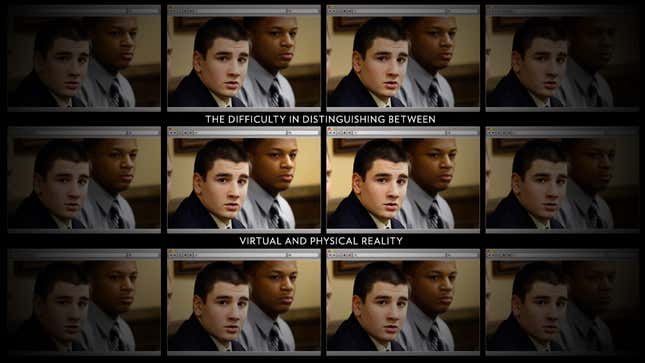Steubenville-Style Internet Vigilantism Caused All Kinds of Problems
Latest

Despite the fact that the Steubenville rape trial is over and the boys involved have been sentenced and are incarcerated, the story’s hold on the national conversation about rape culture continues to dominate, whether it’s through Serena Williams or anyone less famous than that. People still have opinions, and as Ariel Levy argues in this week’s New Yorker, they had opinions while it was happening. There were so many points of view, in fact, that those stories may have altered the national perception of the case and its outcome.
“In the months since the rape case became a national story, it has been difficult to distinguish between virtual and physical reality in Steubenville,” writes Levy in her piece, which mulls over how the details of the case got warped in the media and at what cost. For one, Levy argues that internet vigilantes like the group Anonymous disseminated a lot of incorrect information:
In versions of the story that spread online, the girl was lured to the party and then drugged. While she was delirious, she was transported in the trunk of a car, and then a gang of football players raped her over and over again and urinated on her body while her peers watched, transfixed. The town, desperate to protect its young princes, contrived to cover up the crime. If not for [blogger Alexandria] Goddard’s intercession, the police would have happily let everyone go. None of that is true.
The assertion that the case would have ended the way it did with or without Goodard is a hard one to get behind. Perhaps it’s the recollection of the many women who are sexually assaulted in the United States every year that don’t get the justice they deserve, but it seems highly unlikely that this case would have broken through when thousands a year don’t. Through prosecutor Jane Hanlin’s eyes, however, Goodard and other “bloggers” are presented as fame whores who didn’t do enough to protect the privacy of the victim they were writing about and also got the facts wrong:
“Here comes Goddard, here come the bloggers, and we’re sitting here watching this, knowing that we can’t respond,” she said, because the case was still open. But by the norms of social media there is little difference between confidentiality and obfuscation; if something isn’t broadcast, it must be furtive. “If you do anything to say, ‘Wait until we get to the truth,’ you are ‘pro-rape’— whatever that means,” Hanlin said. “You are part of a conspiracy, a cover-up.”
Hanlin also believes Goodard has hurt feminism, a point Levy doesn’t refute:
-

-

-

-

-

-

-

-

-

-

-

-

-

-

-

-

-

-

-

-

-

-

-

-

-

-

-

-

-

-

-

-

-

-

-

-

-

-

-

-








































